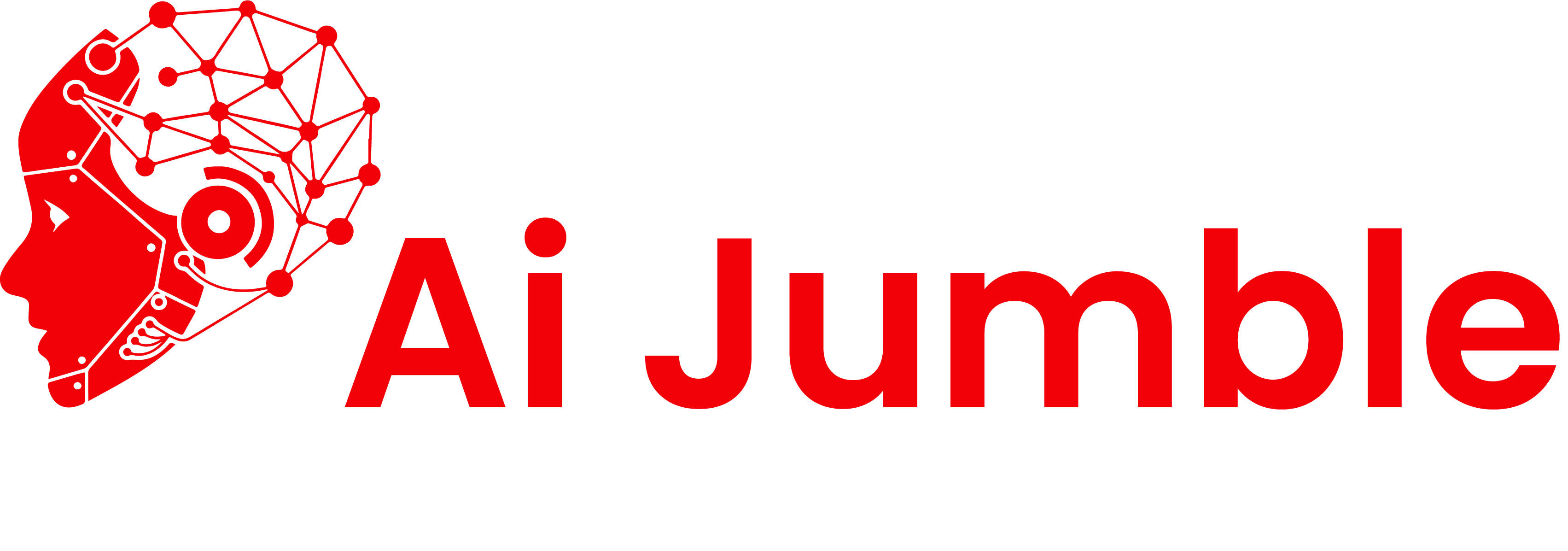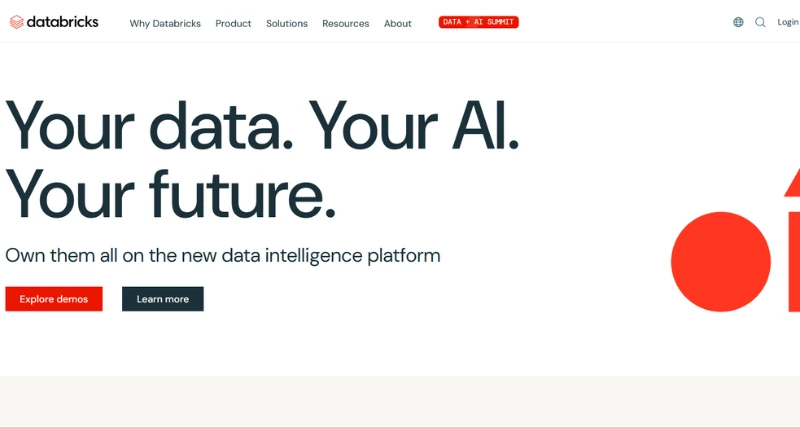What is Databricks?
Databricks is a leading data and AI platform, founded in 2013 by the creators of Apache Spark, designed to streamline data engineering, analytics, and machine learning at scale. Its cloud-native Data Intelligence Platform, built on the innovative lakehouse architecture, unifies data lakes and warehouses to handle all data types for business intelligence, real-time analytics, and AI applications. Integrated with AWS, Azure, and Google Cloud, Databricks supports open-source tools like Delta Lake and MLflow, enabling collaborative workflows for data scientists, engineers, and analysts.
Databricks Features:
Lakehouse Architecture: Combines data lakes and warehouses using Delta Lake for reliable, scalable storage with ACID transactions, schema enforcement, and time travel for historical data queries.
Apache Spark Integration: Leverages Spark’s distributed computing for high-speed processing of structured, semi-structured, and unstructured data across batch and streaming workloads.
Collaborative Workspace: Provides notebooks for real-time collaboration, supporting Python, SQL, Scala, and R, with version control to manage team contributions.
Unity Catalog: Centralizes data governance, offering fine-grained access control, auditing, and Delta Sharing for secure internal and external data sharing.
Databricks Benefits:
Unified Data Management: Simplifies workflows by consolidating data engineering, analytics, and ML on one platform, reducing tool sprawl and silos.
Scalability and Speed: Handles massive datasets with Spark’s parallel processing and Photon’s optimizations, delivering insights 10x faster than traditional ETL systems.
Enhanced Collaboration: Enables data scientists, engineers, and analysts to work together in real-time, boosting productivity and innovation.
Use Cases:
Real-Time Analytics: Processes streaming data for fraud detection in finance, personalized promotions in retail, or patient monitoring in healthcare, enabling rapid decision-making.
ETL Pipelines: Builds and manages robust ETL workflows for large-scale data ingestion and transformation, supporting data warehousing and analytics.
Machine Learning: Develops predictive models for customer behavior analysis in retail, risk management in finance, or predictive maintenance in manufacturing.
Data Warehousing: Stores and queries massive volumes of structured and semi-structured data, serving as a scalable data warehouse for BI dashboards.

